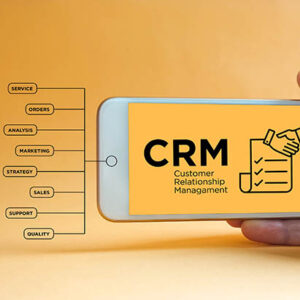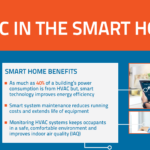For decades, trends in the HVAC industry have revolved around improving equipment—making it more efficient, more eco-friendly, and smarter. Even ducting, vents, and caps have undergone precision engineering to ensure peak performance.
Recently there has been a new trend in the HVAC industry, and it’s the consumers’ expectations that are impacting the market trends. Customer relationship management (CRM) tools are emerging as an important tool for HVAC companies to get ahead of their competitors.
What is CRM?
Customer relationship management (CRM) is a tool that allows you to manage your company’s relationships with customers and potential customers. It helps companies stay connected with their customers, streamline processes and improve profitability.
Why use CRM?
78% of customers have backed out of a purchase because of poor customer experience. CRM provides a comprehensive platform where companies can create client profiles, add contact information, input notes on the last appointment and follow up reminders. All of this information is easily accessible by a company’s techs via computer or mobile app.
By adding in notes and reminders, you can easily check when the last time a customer had an interaction with your company. Having the reminders to follow up with customers will give them the great customer experience they expect, keeping your company top of mind.
Not only will you be able to provide better customer service, you’ll also decrease the amount of effort needed for each sale. CRM cuts down on the time spent tracking down projects and corresponding files, giving you more time for everything else.
There are a variety of CRM tools available for HVAC companies. With consumer expectations rising, it’s time to pull ahead of your competitors.
Now, more than ever, managing customer relationships are vital to industry growth. By employing strategic CRM practices, HVAC companies can increase engagement and better service the customers they have, while effectively reaching new ones.




